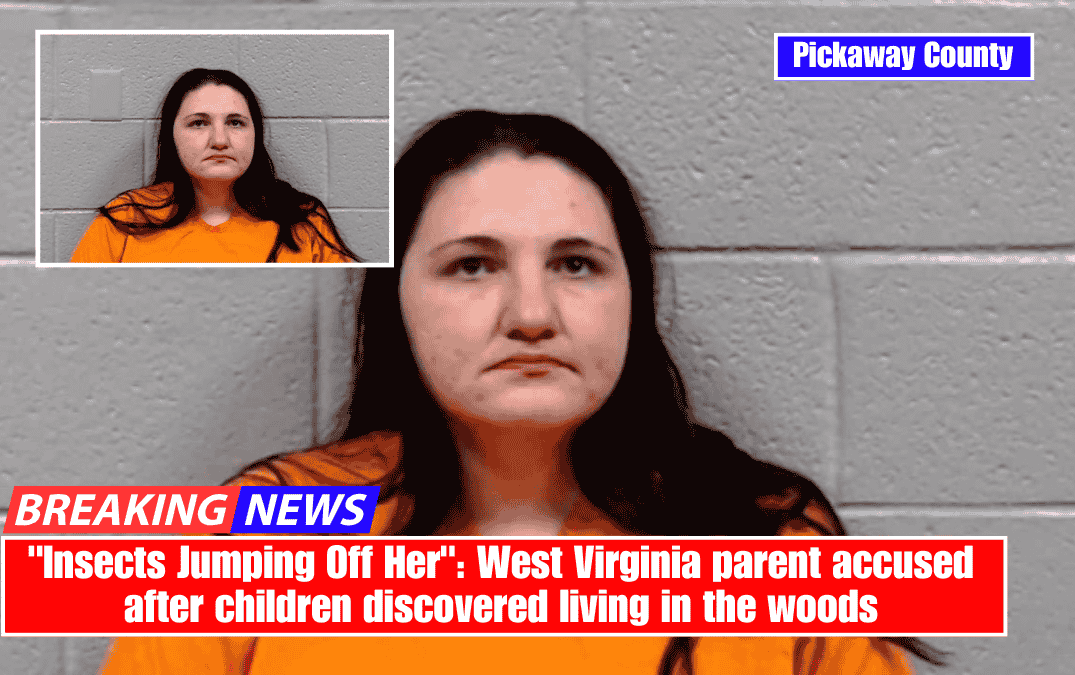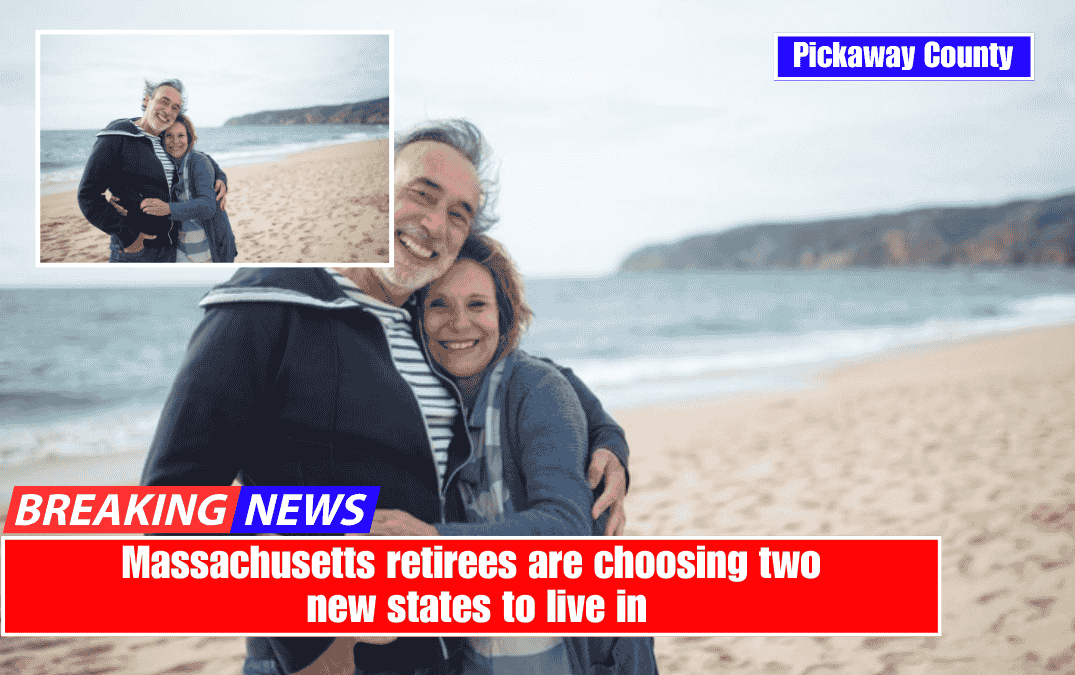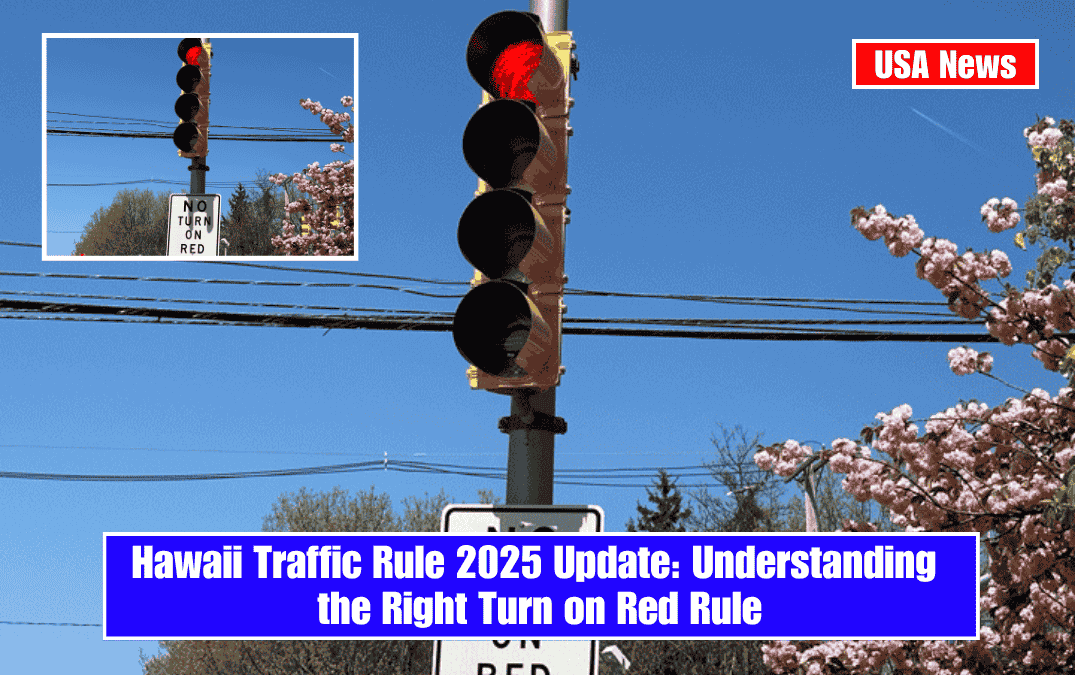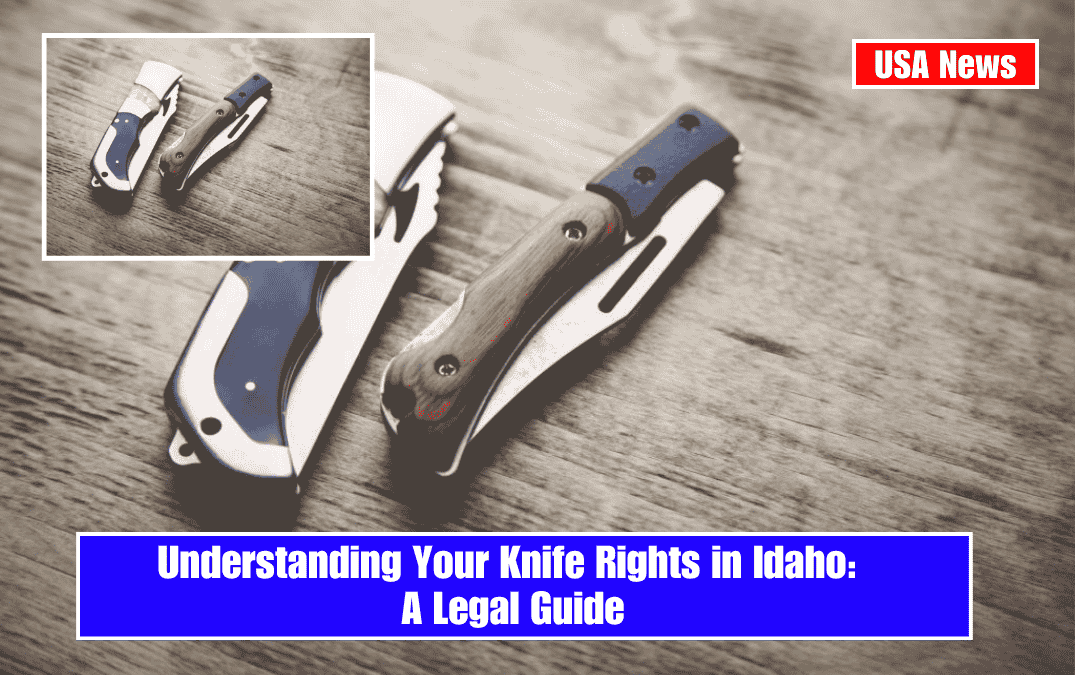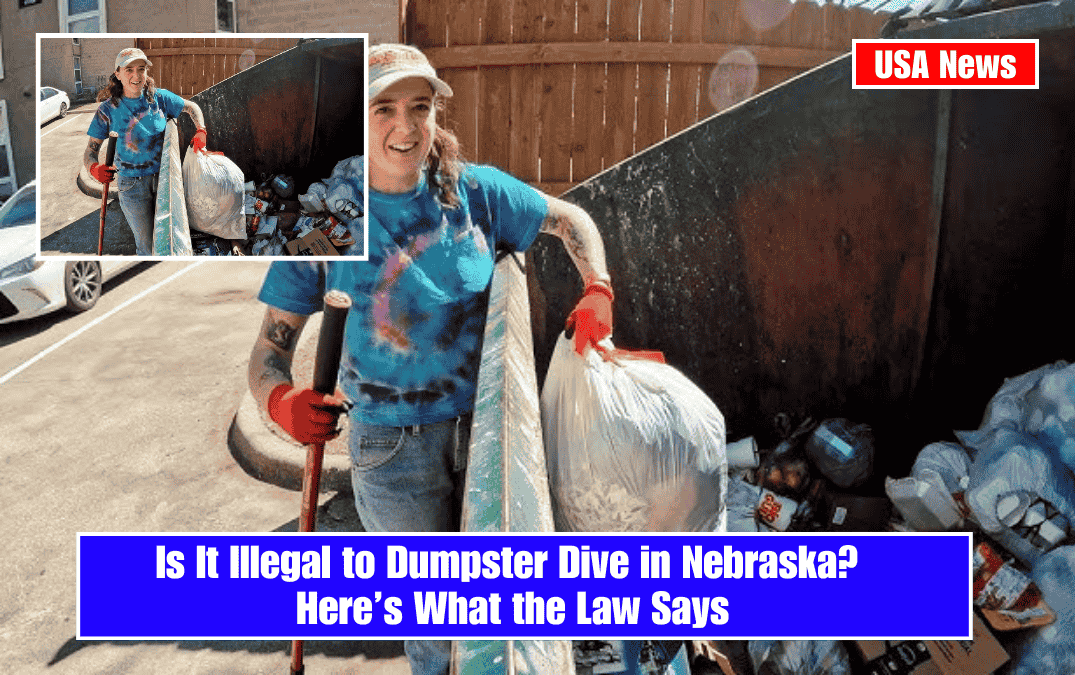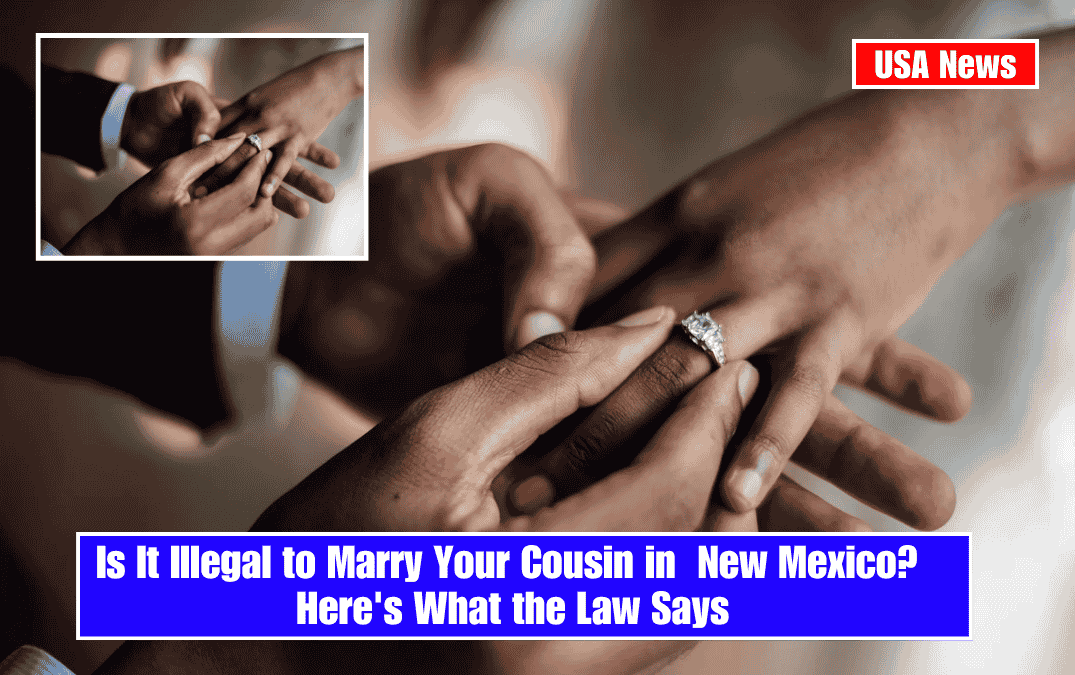An amendment that would give West Virginia parents much more leeway in exempting their children from mandatory school vaccinations was removed from a House bill at the last minute this week, but the prospect of far fewer students being immunized in the state remains high.
The West Virginia bill would broaden medical exemptions for students, making them “the broadest … in the country,” according to one advocate.
The religious and philosophical exemptions that were removed from the House version of the legislation could also be reinstated, and while it lacks the force of law, Gov. Patrick Morrisey’s January order establishing similarly broad exemptions is also up for consideration.
West Virginia has historically had some of the nation’s strictest childhood vaccination policies, and the current move to soften them is in response to a deadly measles outbreak that has infected over 300 people in 15 states and killed one school-aged child in Texas.
“It’s difficult to understand why we would do this now — or at any time,” said Candice Lefeber, executive director of West Virginia’s American Academy of Pediatrics chapter. “But, with measles spreading in our country, this should serve as a wake-up call. And, unfortunately, I don’t believe that is happening.”
West Virginia is not alone in its efforts to allow parents to opt their children out of the measles, mumps, and rubella vaccine, which is required in all 50 states for children entering child care and school.
On Wednesday, Idaho lawmakers passed a “medical freedom” act that would significantly broaden an existing law prohibiting COVID vaccine mandates to include mandates for any “medical treatment.”
If signed by the governor, the bill will apply to both public and private schools, making Idaho the first state in the country to eliminate all mandatory school vaccination requirements.
Childhood vaccination rates have been declining since COVID, and there are concerns that this trend will accelerate now that Robert F. Kennedy Jr., a well-known vaccine skeptic, is in charge of the US Department of Health and Human Services.
He initially downplayed the spread of measles in late February, but in a March 4 Fox News interview, he appeared to link the ongoing outbreak and child fatalities to malnutrition and poor health, citing unproven treatments such as cod oil.
“The best thing Americans can do is to keep themselves healthy,” Kennedy stated during the interview. “It is very, very difficult for measles to kill a healthy, well-nourished person.”
Parents, medical providers, and vaccination experts Prepare for RFK Jr.’s HHS Takeover.
Three months in, the number of measles cases has already surpassed that of 2024, and in the 15 states where it is spreading, 95% of infections involved an unvaccinated person or someone whose status was unknown. Three of those states border West Virginia, but no cases have been reported there as of yet.
‘We just want the policy left alone’
The most recent House bill still includes a broader medical exemption that shields health care providers who provide them “in good faith” from civil liability, with the exception of “gross negligence or willful misconduct.”
There is also no enforcement mechanism from a government oversight body, nor is there any guidance on what qualifies for a medical exemption.
Northe Saunders, executive director of the pro-vaccine SAFE Communities Coalition, is concerned that this will allow bad actors to write “bogus” exemptions. Saunders’ group, based in Portland, Maine, established a West Virginia chapter in February after local advocates requested assistance during the exemptions campaign.
“We’re glad that the religious and philosophical exemptions were not part of the bill that came out of committee,” said Saunders, who believes the measles outbreak played a role in their removal. “But we expect [attempts to modify the bill] going forward.”
Saunders stated that his organization is tracking an additional 20 vaccine-related bills in the West Virginia legislature. 47 bills have been introduced in 20 states to increase or broaden vaccine exemptions.
Parents across the country can apply for exemptions if their child is unable to receive vaccinations due to medical reasons. Most states have religious exemptions, and 20 have some form of personal belief exemption, resulting in a diverse landscape.
West Virginia is currently one of only five states that does not allow any exemptions except medical ones. Last school year, they had the highest childhood vaccination rates for four major mandated vaccines, far exceeding national averages. Almost all kindergarteners (98.3%) had received two doses of the measles, mumps, and rubella vaccines.
The state also had the lowest exemption rate, with fewer than 0.1% of kindergarten students exempt from one or more vaccines. It was also the only state that voted for Donald Trump in November but did not see an increase in official exemptions on average.
That could change based on the outcome of the pending legislation and the governor’s executive order.
“The current policy as is, is something that is highly favored among myself and my colleagues,” said Andrea Lauffer, an internal medicine doctor and pediatrician at WVU Medicine – Thomas Memorial Hospital in South Charleston. “We just want the policy left alone.”
Michael Ramey, president of the Parental Rights Foundation, cited the pandemic as a contributing factor to current vaccine skepticism. He stated that, while his organization does not take a position on the safety or efficacy of vaccines, it supports bills such as the one in West Virginia.
“We welcome a move to give parents greater authority to make the decision that’s best for their individual child,” according to him.
According to a 2023 Pew Research Center poll, the vast majority of Americans — 88% — believe the benefits of the childhood measles, mumps, and rubella vaccine outweigh the risks, with only 10% believing the opposite.
70% of Americans believe healthy children should be vaccinated before attending school, down from 82% in 2019. And the percentage of parents who believe they should be able to choose whether or not to vaccinate their children has increased by 12 percentage points since four years ago, to 28%.
Republicans are driving this shift, with 57% now supporting vaccination requirements, a drop from 79% in 2019.
‘The heat is on’
West Virginia’s debate over vaccine mandates is not new, but “this year, definitely, the heat is on, for sure, at a higher temperature,” said Sissy Price, a registered nurse and co-director of West Virginia Families for Immunization.
Former Governor Jim Justice vetoed a bill last year that would have given private and parochial schools the freedom to set their own vaccination policies. Meanwhile, Morrisey issued an executive order establishing religious and philosophical exemptions on his first full day in office.
The governor wrote that current mandatory vaccine laws force West Virginians who disagree “to choose between their religious belief and their children’s fundamental right to public education.” The order, he explained, was based on his interpretation of the Equal Protection for Religion Act, which Justice signed in 2023.
The pending legislation aimed to clarify and codify his order. Even if religious and philosophical exemptions are not included in the final version of the bill, Richard Hughes, a George Washington University law professor and leading vaccine law expert, believes the governor’s executive order will remain in effect.
While the legislature alone has the authority to enact new laws, the governor has the authority to interpret those laws, which is what his executive order does, Hughes said.
If the executive order contradicts what the legislature passes, it will be subject to legal challenges.
“The governor could be checked by the courts on this interpretation,” according to him.
The Senate version of the bill, introduced on February 13, would have allowed parents to simply provide a written statement exempting their child from vaccinations for religious or philosophical reasons, and it would have applied to public, private, and parochial schools.
In addition to loosening the medical exemption process and protecting medical professionals from disciplinary action, it would abolish the position of state immunization officer and remove the requirement for schools to report a violation if an unvaccinated child without an exemption attempted to enroll.
At a committee meeting on February 21, both Democratic and Republican senators expressed their opposition to the bill. Many people cited the measles outbreak that started in West Texas in late January as the root of their concerns.
GOP Sen. Mike Oliverio read aloud from a letter written by one of his constituents, a retired doctor.
“Loosening these requirements will eventually lead to outbreaks of these diseases, including in our children, as the number of vaccinated individuals fall,” the author said. “I urge you to vote against this bill for the sake of West Virginia’s children.”
Senate Health and Education Chair Bill Cassidy Struggles with RFK Jr.’s Nomination.
A number of Republican lawmakers also spoke in support of the bill, which was eventually passed by a 20-12 vote, with two senators absent, before being sent to the House.
The House bill that emerged from committee this week is now expected to proceed to the floor, where it will be debated and possibly amended again.
If the final House bill differs from the initial Senate bill, senators must either accept the House version or convene a conference committee to reconcile the two before sending it to Morrisey for signature.





